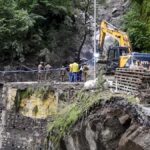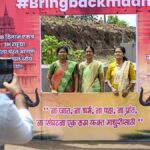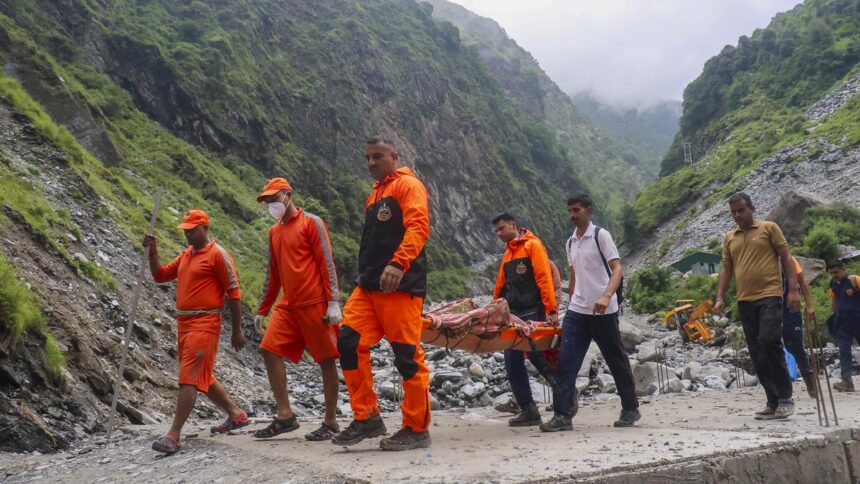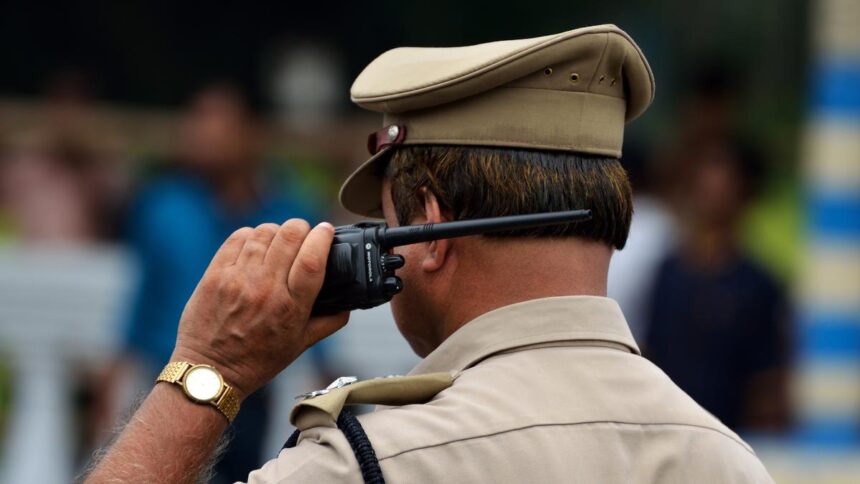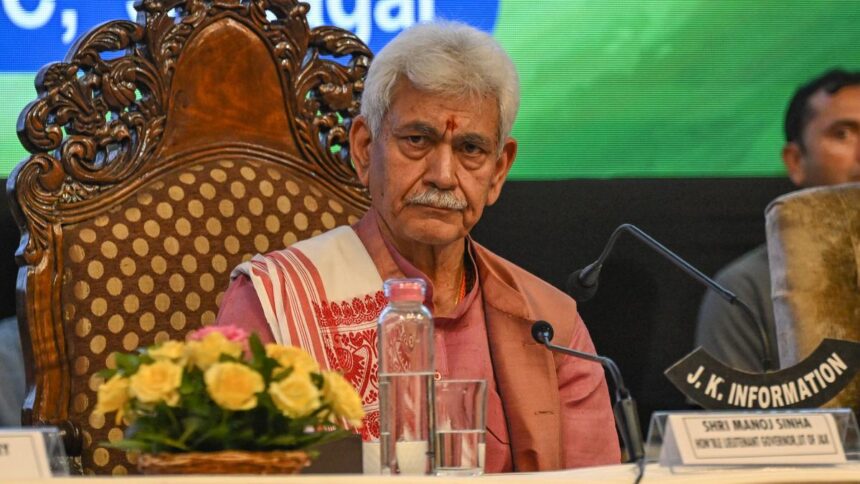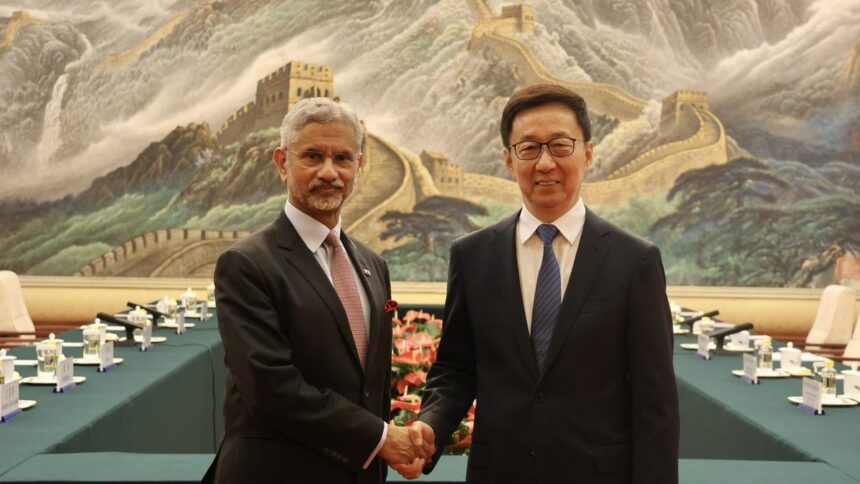At his small two-room house in Bhadrayyapeta, 56-year-old K. Appalanarasa sifts through prescription sheets and lab reports, nervously checking the results once more.
A labourer, Appalanarasa is the pillar of his family, comprising his 45-year-old wife, who ails from a renal disorder, and their 19-year-old-son. Recently, he began experiencing an unusual back pain. Soon, he started noticing swelling in his legs and a crippling fatigue overpowering him throughout the day. Alarmed, Appalanarasa visited a doctor and underwent tests. The result confirmed his worst fear: his kidneys were failing.
The doctor advised him to avoid strenuous physical activity, an impossible demand to make of a labourer. “My son studies at Tagarapuvalasa, about 12 km from this village. It costs ₹100 a day just for his travel. If I stop working, how can I support him?” he asks.
But Appalanarasa wasn’t overly surprised at having learnt about his condition; at Bhadrayyapeta, kidney conditions are hardly a surprise.
A mere 54 km from Visakhapatnam city, Bhadrayyapeta in Padmanabham mandal mandal is blessed with a lush landscape. With its verdant hills and sprawling plantations, it’s a piece of paradise for those seeing it for the first time.
At its heart live 79-year-old D. Simhachalam and his wife Polamma in their small thatched house. Like many others in the village, Simhachalam, too, suffers from a kidney disease, something that has silently crept into most of the 80-odd households in the village.
Elderly couple Polamma and D. Simhachalam heading to the health camp organised by the Health department in Bhadrayyapeta.
| Photo Credit:
V RAJU
Polamma says that renal disorders have haunted their village for decades. “Every year, someone dies because of it. But nobody knows why this is happening to us,” she says, adding that few knew what they were going through till a a recent media report brought their issue to the fore.
Subsequently, the district administration organised health camps and had sanitation improved. An investigation by the Health Department is on to find out the cause of the health crisis.
Life giver, life taker
Like most villagers, Polamma suspects the water. “I told our MLA (Ganta Srinivasa Rao) about the water problem when he visited us following the media report,” she says, pointing to the community water tap located at the centre of the village.
She says that the surroundings of the tap used to be filthy. Following media exposure, however, the district administration took up some cleanliness measures, particularly around water sources, and sprinkled bleaching powder across the village. However, not much has changed around the main water tap and garbage is still dumped in its surroundings, attracting dogs and mosquitoes, she says.
Currently, water is supplied twice a day — 5 a.m. to 8 a.m. and again for a couple of hours in the evening. There are a number of hand pumps in the village, but most of them are non-functional, forcing the residents to rely solely on the water supply.
“At first sight, the water looks fine. But keep it for a while, and an oily film forms on the surface. We don’t want to use it for cooking or drinking, but have no choice,” Polamma says.
Polamma, a resident of Bhadrayyapeta village, showing the oily film on water stored near her house.
| Photo Credit:
V. RAJU

“At first sight, the water looks fine. But keep it for a while, and an oily film forms on the surface. We don’t want to use it for cooking or drinking, but have no choice”PolammaVillager
Anganwadi teacher K. Somulamma and a number of other women from the village walk to village outskirts to fetch water from a hand pump still functioning there, after panic set in about the potential water contamination. “Though we fetch water from a distant hand pump, we still boil it before giving it to our children,” she says, concern flickering in her eyes.
Some villagers, however, blame the nearby granite quarries, which, they opine, are polluting the environment, but Revidi panchayat secretary Noor Jahan says that sanitation has always been a problem in the village. “Despite awareness campaigns, people still dump waste in the open. Moreover, many avoid proper medical treatment and rely on traditional methods, which worsens their condition,” she says.
A woman carrying water walks past a defunct hand pump at Bhadrayyapeta village.
| Photo Credit:
V. RAJU
Amenities, a distant dream
Bhadrayyapeta lacks the most basic amenities — no tap connections, no sewers, no good roads and not even a bus service. The nearest bus stop and Primary Health Centre (PHC) are 5-6 km away at Reddipalli. All the village has is a tiny primary school with just two rooms, with one in dilapidated condition.
Most of the villagers are poor and survive on day labour, but illness has made their lives a lot harder for many, sometimes destroying whole families.
A. Appalasuri, a resident of Bhadrayyapeta, showing the pictures of his brother and sister-in-law who, he says, died due to kidney-related ailments.
| Photo Credit:
V. RAJU
Sixty-year-old A. Appalasuri says he lost four members of his family to kidney ailments over the past several years. He now takes care of the three children of his late brother and sister-in-law. “Who will take care of these children if something happens to me?” he asks. “Since the death of my sister-in-law in June, I have barely slept.”
The eldest of the children, A. Prasad, is a final year degree student in Vizianagaram. His sister, Lavanya, is pursuing her second year of college and their younger brother, Vasu, recently completed his Intermediate. The siblings work as labourers on their holidays to help out their uncle.
“I still don’t understand what really happened to my family; it is like some unseen force swept us away,” says Prasad. “People in the village believe it is the drinking water. They say it is contaminated and that it’s slowly affecting everyone,” he adds. Asked whether the government has offered any help, Prasad recalls: “They said there is no suitable scheme to help us.”
Health camps ring alarm
The district health department recently organised a medical camp in the village, conducting Renal Function Test for over 250 residents. According to Divya, the doctor taking the tests at the camp, around 55 patients were found to have kidney ailments and were referred to King George Hospital (KGH) for further treatment. Some need advanced medication, the doctor says.
District Medical and Health Officer (DMHO) P. Jagadeeswara Rao says that samples of drinking water supplied to the village have been tested and that no contaminant was found in them. “As of now, the Health Department is closely monitoring the village. Those diagnosed with kidney ailments will be given special care. The department will conduct tests periodically for two to three months,” he says.
The DMHO, however, says that the Nephrology department of the KGH has suggested installation of an RO plant at the village. According to the Nephrology department, some of the patients referred to them from the health camp were found to have frequently taken pain killers. Some of them, the hospital said, were also not taking medication for hypertension, diabetes and a few other health ailments.

“As of now, the Health Department is closely monitoring the village. Those diagnosed with kidney ailments will be given special care. The department will conduct tests periodically for two to three months”P. Jagadeeswara RaoDistrict Medical and Health Officer
The authorities have also decided to spread awareness on maintaining hygiene, lifestyle changes and food habits, he said.
Bheemunipatnam MLA Ganta Srinivasa Rao has assured residents that the government would investigate the matter. “We will take this issue up with Chief Minister N. Chandrababu Naidu and ensure that basic facilities are provided in the village,” he has promised. Some villagers have reportedly sought special pension for the affected, since most of the money the elderly persons get is spent on medications.
Recommendations from KGH
The recommendations given by the Nephrology wing of the KGH include continued screening for CKD cases in the village based on the clinical and lab findings. It also suggested that those living in the locality be educated about the importance of periodical checkup for diabetes and hypertension and evaluation of serum creatinine levels among those at risk for CKD.
The doctors say the public should be educated on the ill-effects of indiscriminate use of drugs, especially pain medications. Provision of safe drinking water should be ensured and importance of water purification before consumption should be stressed among households, the hospital said.
The doctors also recommended that water sample from sources and households be periodically checked for any chemical and microbiological contamination. The department also sought to spread public awareness on the warning signs of cardiovascular diseases and CKD. They also recommended low protein and low salt diet to those diagnosed with CKD.



